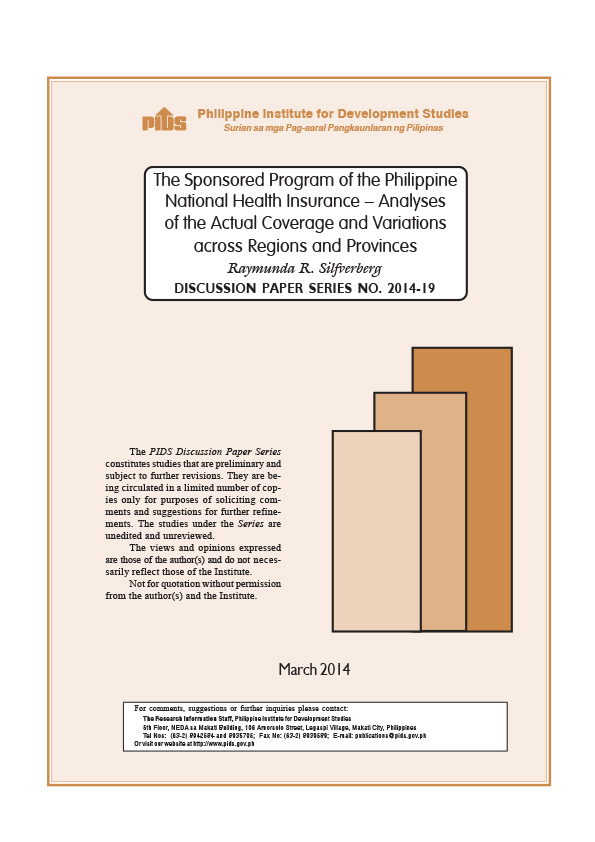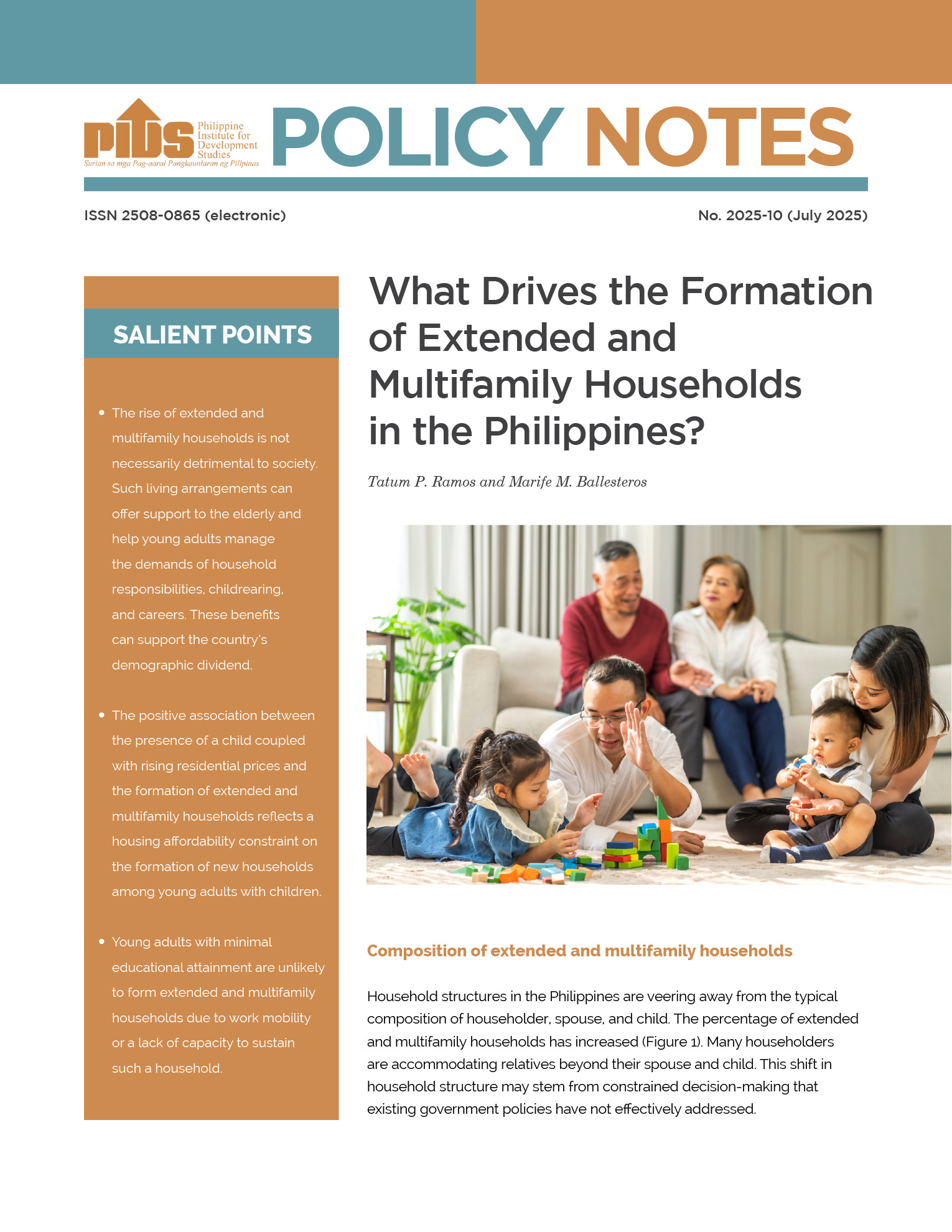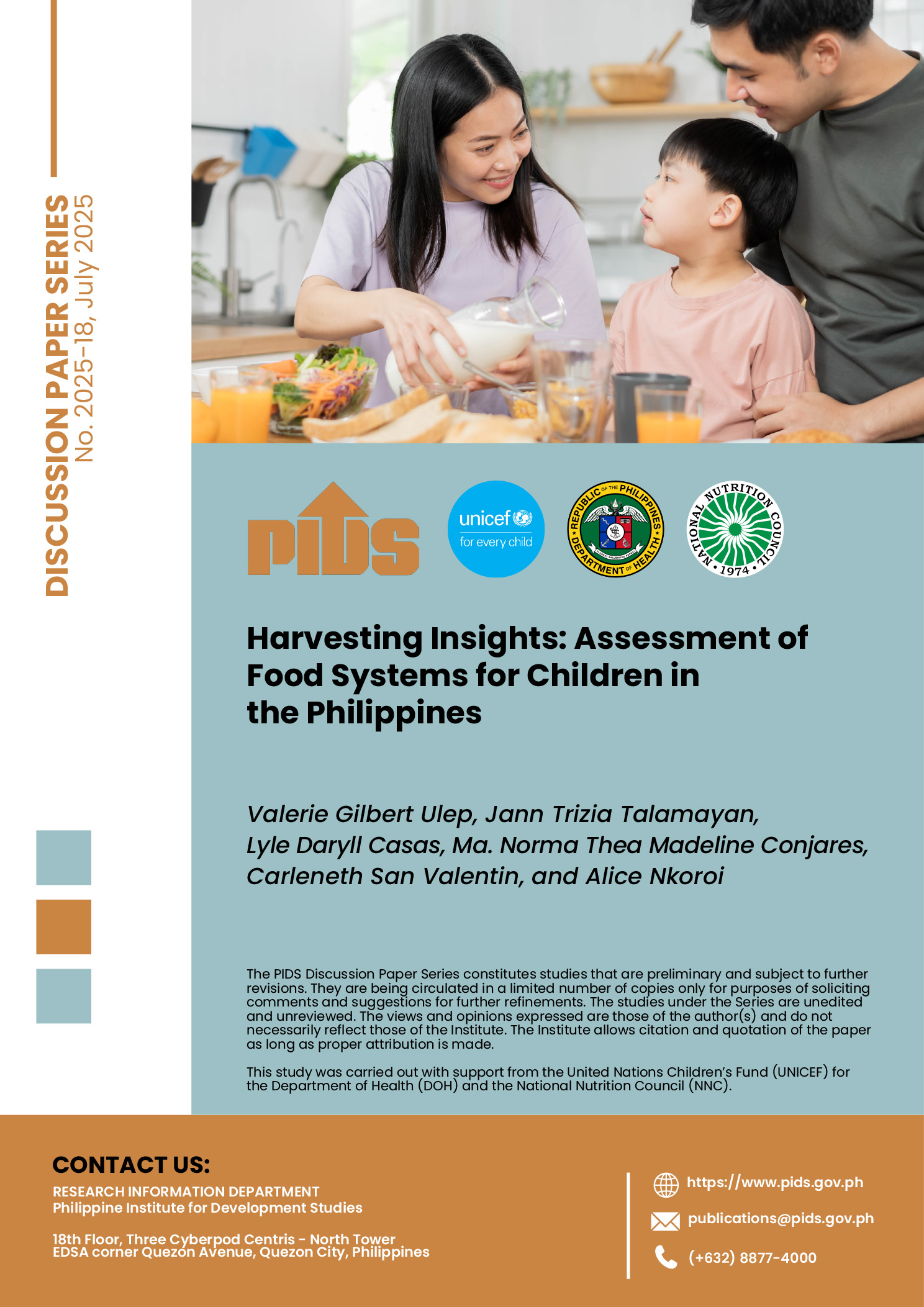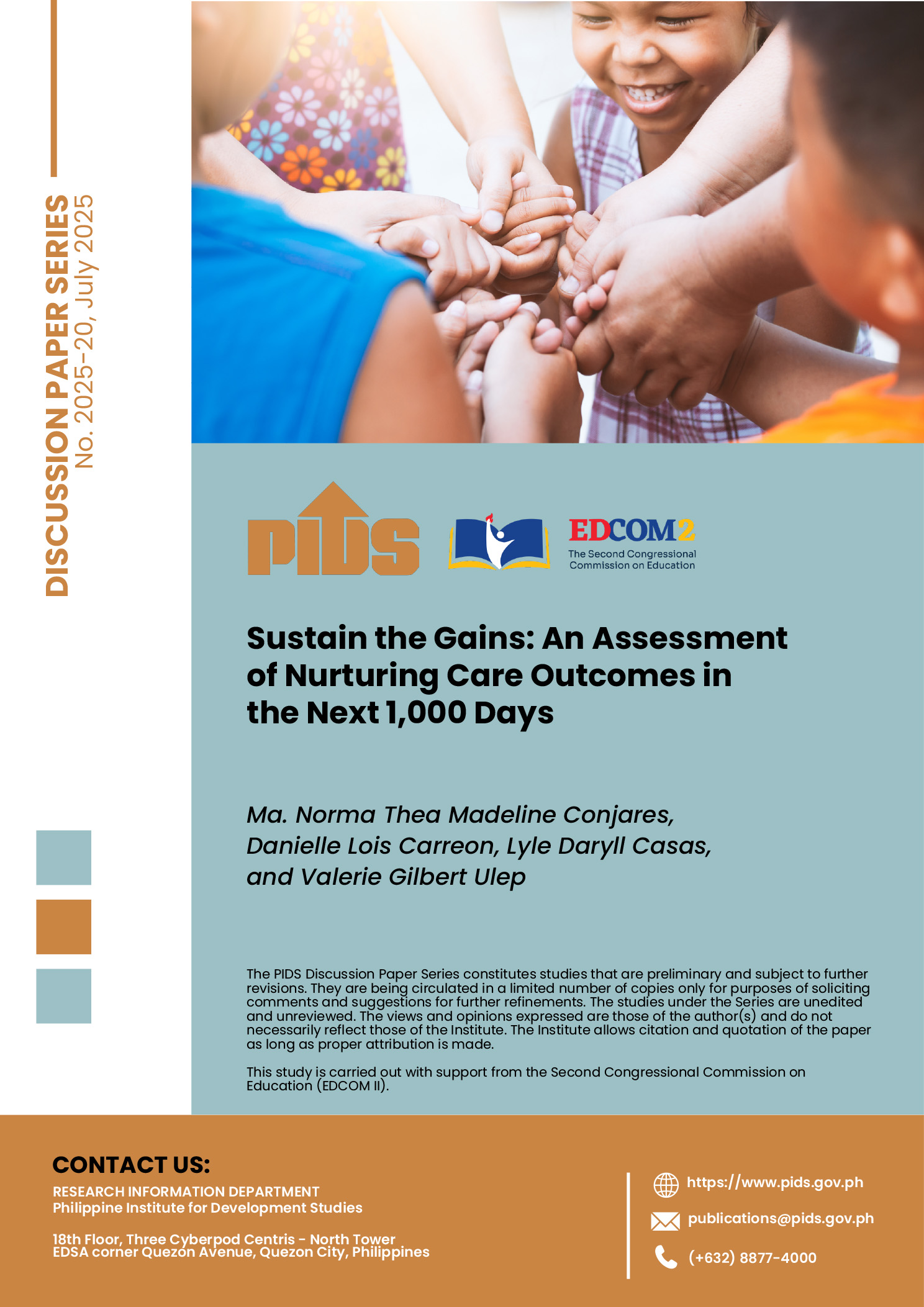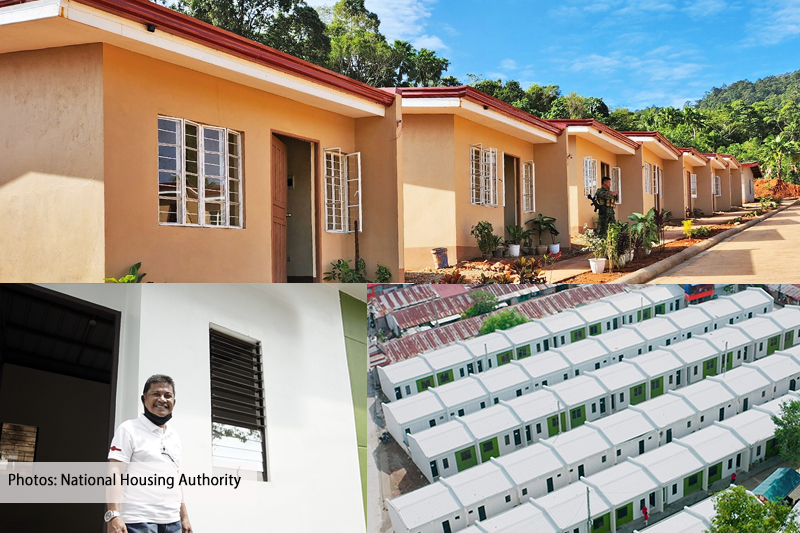This study established the breadth of socialized Philippine health insurance, known as the PhilHealth Sponsored Program. It examined the extent of coverage relative to its target "poor" population, how much coverage rates varied across provinces and the factors likely to explain variation. PhilHealth Sponsored Program appeared to have attained universal coverage over the targeted "poor" population at the national level for the year 2011. However, universal coverage was not true in all regions or provinces. Majority of provinces experienced mild to extreme leakages in the program. Several demand and supply variables identified to have strong statistical significance in explaining variations were age-groups, education, LGUs` real per capita income, health expenditures, governance style, accessibility to PHIC support offices and availability of health professionals, all of which were found to very likely affect undercoverage rates relative to full coverage. Severity of poverty, administrative and political governance, and availability of accredited RHUs and private hospitals provided strong statistical evidence in influencing the levels of leakage vis-a-vis full coverage. Effects of most variables conformed to expectations. Results of the study point to a number of research issues that can be undertaken and some policy recommendations addressed to the national agencies and local government implementers and financiers for the PhilHealth Sponsored Program.
Citations
This publication has been cited 1 time
- Cabalfin, Michael R. 2016. Health financing for the poor in the Philippines: Final report. Discussion Papers DP 2014-42. Philippine Institute for Development Studies.

